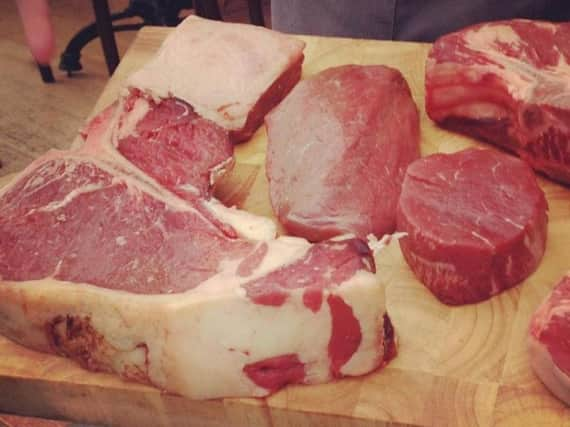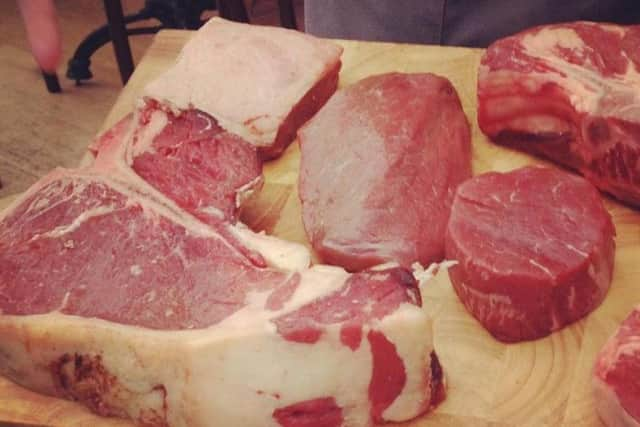Video: Inishowen T.D. attacks Taoiseach Leo Varadkar for 'cutting down on beef' comments


In response the Taoiseach assured Deputy McConalogue that he was not adopting a vegan diet, that he would be happy to eat fish landed in Donegal, and that he had enjoyed a Hereford steak as recently as Monday night.
The Carndonagh-based Fianna Fáil agriculture spokesman took umbrage at Deputy Varadkar's claim on Monday that he was cutting down on beef, veal and pork for environmental reasons.
Advertisement
Hide AdAdvertisement
Hide Ad"As the leader of the country and in overseeing a programme for Government, an objective of which is to promote our beef sector and increase our international beef exports, would he accept that is not the type of leadership or direction we expect from him as Taoiseach?" said Deputy McConalogue.


"Instead he should be promoting the fact that Ireland is the most efficient country in Europe in which to produce beef. He should in future try to give leadership to our beef sector and not take the erroneous approach he took yesterday," he added.
During fractious exchanges the Taoiseach said he was "not becoming a vegan or anything like that".
"I am very happy to eat fish landed in Donegal," he added, to which Sinn Féin T.D. for Donegal complained, "We cannot catch any fish in Donegal".
Advertisement
Hide AdAdvertisement
Hide AdDeputy Varadkar said: "As someone who was actually there and knows what I said, I did not give anybody dietary advice or suggest that anyone else do anything. I was specifically asked what I was doing on climate change and I said that I was trying to eat less red meat. I am not giving it up. Indeed, I had a very nice Hereford steak last night.
"I said that I was trying to eat less red meat for two reasons, namely health and climate change. My comment was not flippant. It is a fact that red meat increases the risk of cancer and contributes more to climate change."